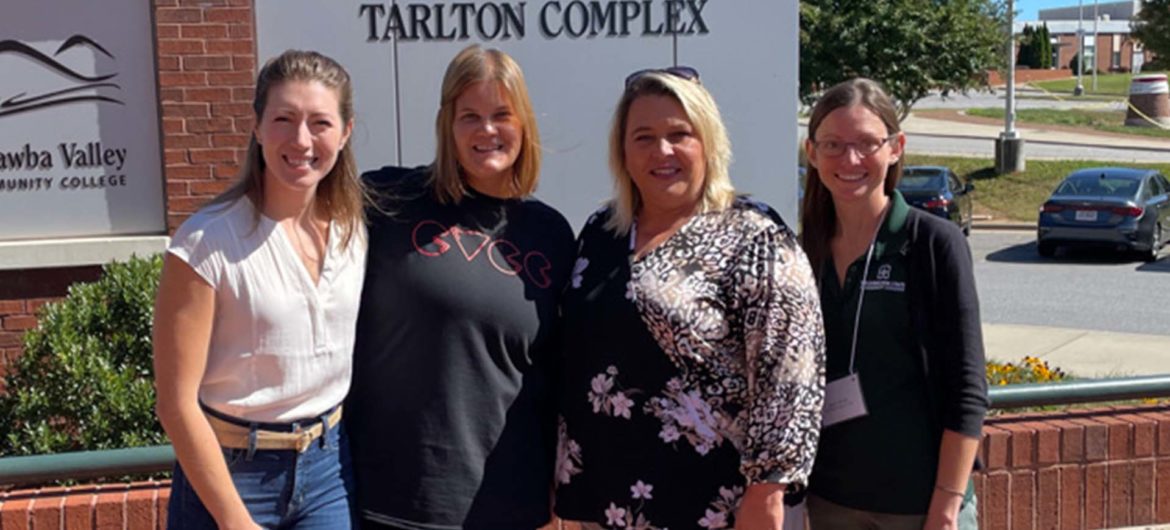MARIETTA, OHIO— Washington State College of Ohio (WSCO), as part of the Building Rural Innovation, Designing Educational Strategies (BRIDGES) cohort, recently presented its plan to strengthen student support and enhance its curriculum. The presentation was made at the Rural Community College Alliance conference held in Hickory, NC.
WSCO, along with four other rural community colleges from across the nation, was selected in late 2020 to form the inaugural cohort of the BRIDGES initiative. The colleges were asked to design, test, and scale post-secondary approaches that support the economic agility of rural learners and build the capacity of rural community colleges to be drivers of economic growth in their communities.
Vice President of Academic Affairs Sarah Parker presented WSCO’s plan during the conference. She explained that all five colleges discussed the prototypes that they plan to launch in January 2022. WSCO’s pilot will focus on the curriculum redesign of the institution’s Robotics & Automation program which includes built-in credentials. “Our plan is specifically designed to support our adult learners,” said Parker. Not only will students be able to earn credentials at the end of each semester that will be valuable in the job market, they will have free access to student supports such as gas cards, evening child care, and textbooks.”
She went on to explain that through the design process, the college was able to identify the delivery needs and educational goals of adult students in the southeast Ohio region. “Our hope is to launch a model that can be replicated at WSCO and to share with other rural community colleges across the country.”
The BRIDGES cohort also includes College of Eastern Idaho (Idaho Falls, Idaho), Eastern Maine Community College (Bangor, Maine), Finger Lakes Community College (Canandaigua, N.Y.), and Zane State College (Zanesville, Ohio) and is funded with support from a $1.9 million grant from Ascendium Education Group and colleges will work with Education Design Lab, a national nonprofit and leader in the design, implementation, and scaling of new learning models for higher education and the future of work. At the conclusion of the three-year initiative, Education Design Lab will draw on insights from the collective experiences of the rural community college partners to publish a brief that articulates the evolving needs of the rural learner population and showcases exemplar models that bring economic opportunity to rural communities.
Pictured are (from left to right): Miriam Swords Kalk (Education Design Lab), Leslie Daugherty (Education Design Lab), Tracey Hooper-Porter (Associate Dean of Workforce Development at Zane State), Sarah Parker (Vice President of Academic Affairs at Washington State College of Ohio)





